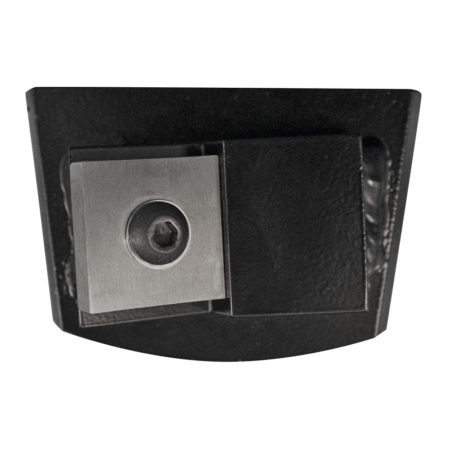
Whoever has particular interests (or necessities) can contact the teacher to define any alternative programs Assessment methods
#MAGNA GRAECIA TOOL MANUAL#
Students who can not attend the lessons will have to study a manual of choice from the ones listed in the "texts / bibliography", together with a further reading, to choose from the ones suggested in the previous section. Given the particular setting of the course, all students are invited to attend the lessons, which will have as much as possible a "seminar" cut, with active participation in the presentation of the subjects of study. Whoever has particular interests (or necessities) can contact the teacher to define any alternative programs. ZUCHTRIEGEL (a cura di), Abitare in Magna Grecia: l'età arcaica, Pisa 2020 PESANDO, Cinque pezzi facili sulla casa romana. LONGO, La tomba del Tuffatore e le altre tombe dipinte di Paestum, Paestum 2015 GRECO, La ‘tomba’ del fondatore e le origini di Poseidonia (Quaderni di antichità pestane 3), Paestum 2014 d’AGOSTINO, La necropoli e i rituali della morte, in S. Atti dell'Incontro di studio (Fisciano, 5-6 marzo 2009), Paestum 2009, pp. I contesti di Andriuolo e della Licinella, in Tra Etruria, Lazio e Magna Grecia. SANTORIELLO, Una rilettura delle necropoli pestane.


Massa-Pairault (ed.), L'image antique et son interprétation (Collection de l'Ecole française de Rome, 371), Rome 2006, pp. Scambio di simboli e scambio fra i sessi, in F.H. LANERI, Archeologia della morte, Carocci, 2011 NIZZO, Archeologia e antropologia della morte. DUDAY, The archaeology of the Death: lectures in Archaeothanatology, Oxbow Books 2009 GRECO, Magna Grecia (Guide Archeologiche Laterza), Bari 1980 con ristampe
#MAGNA GRAECIA TOOL MANUALS#
NOT ATTENDING STUDENTS: Students who can not attend the lessons are required to study one of the above-mentioned manuals and one of the following texts you choose: PUGLIESE CARRATELLI (a cura di), I Greci in Occidente (Catalogo della Mostra, Venezia 1996), Bompiani, Milano 1996 GRECO, Magna Grecia (Guide Archeologiche Laterza), Bari 1980 con ristampe fino al 2008 Archeologia di un sapere (Catalogo Mostra di Catanzaro 2005), Electa, Milano 2005 Archeologia delle colonie greche d'Occidente, Laterza, Bari 2011 La Magna Grecia, Roma 2016įurther in depth analysis are also suggested: GUZZO, Le città di Magna Grecia e di Sicilia dal VI al I secolo. L'Italia meridionale e la Sicilia (VIII e VII sec. Archeologia della colonizzazione greca d'Occidente, Laterza Bari 2011 GRECO, Archeologia della grecità occidentale 1: la Magna Grecia, Bologna 2008 L'Italia meridionale dalle origini leggendarie alla conquista romana, Edipuglia 1996 Readings/BibliographyĪTTENDING STUDENTS: preparing the examination is necessary the study of at least one of the following handbooks: Rhodium-Cretan colonies: Gela, Agrigento.ĭuring the lessons the theme of the so called " Archaeology of Death" will also be developed, declined through some examples of the above mentioned cities. Achee colonies: Crotone, Siberia Metaponto, Poseidonia Doric colonies: Syracuse, Megara Hyblea, Selinunte Locri, Taranto

Euboean colonies: Pithecusa, Cuma, Zancle, Region, Naxos After some first examples from the Minoan and Mycenaean period, the attention will be reserved to the Greek cities founded in the Mediterranean basin: The course programme analyses the genesis and evolution of the urban pattern within the greek ancient world. The student is therefore able, at the end of the training course carried out in the course, to move critically in the problems faced, not only with useful tools for the correct understanding and processing of the knowledge produced in the specific field, but is also in possession of the knowledge necessary for develop projects and conduct research in archaeological activities in the field. These also concern the different aspects of figurative expressions and material culture, according to the methods developed in the various historical and social contexts. The student faces the Greek colonial world of the West, facing specific topics of study. The course aims to deepen the peculiarities of the urban civilization of the Greek world, with particular reference to the characteristics of the urban layouts, the monumental systems and their evolution, the different forms of culture promoted in the contexts of the poleis from the Minoan-Mycenaean to the late age Hellenism.


 0 kommentar(er)
0 kommentar(er)
